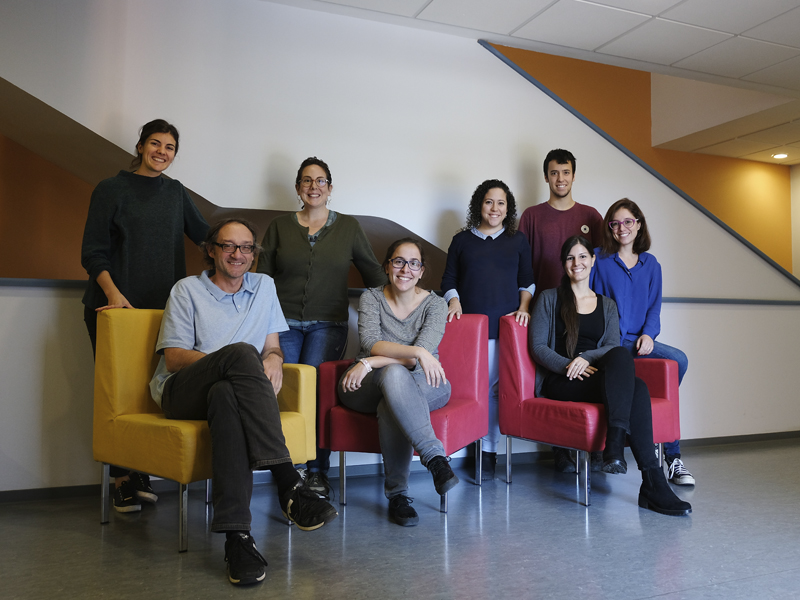A project on diagnostics and clinical management of tuberculosis, led by the IGTP, receives Marie Skłodowska Curie Funding

The project, called "Innovation in Tuberculosis - INNOVA4TB", is promoted and coordinated by the research group Innovation in Respiratory Infections and Tuberculosis Diagnosis, led by Dr Jose Domínguez and Dr Cristina Prat. The proposal has received more than a million euros in funding from the 2018 call for Marie Skłodowska-Curie (MSCA) actions, in this case a RISE grant (Research Innovation and Staff Exchange within the Horizon 2020 Programme of the European Commission) to promote mobility for researchers around the world and consolidate collaborative research projects between countries and sectors creating a network of quality translational research in the field of diagnostics and clinical management of tuberculosis.
During the coming four years, the research and technical staff of institutions from several countries will work on the project. There are 12 Institutions, including hospitals, research centres and private companies from six countries (Spain, Ukraine, Moldavia, Sweden, Germany and Chile) all coordinated from the IGTP. The objective is "the exchange of knowledge on several aspects related to the interaction between the pathogen and the host and the diagnostic and treatment of tuberculosis," Domínguez tells us, "additionally, sharing insights into the management of research, European projects, communication, dissemination and exploitation of results." The different members of the project will experience different research environments and will have the opportunity to develop their skills in the context of healthcare, laboratory, field research or administration.
In 2016 the World Health Organization started to implement the End of Tuberculosis Strategy, with the aim of reducing the incidence of the disease by 90% before 2035 and reducing deaths from the disease by 95% with the associated reduction in economic impact that treatment means for many families and the public healthcare sector. In line with this, the proposed research will look for "new tools for diagnostics, monitoring and treating tuberculosis, focussing on new European and global market opportunities," Domínguez elaborates, adding that, "the main beneficiaries of the results will be the patients, through an improvement in the quality of health systems and a reduction of the costs for public healthcare providers, particularly those in places with a high incidence rate of tuberculosis."
Hospitals, research centres and private companies
Amongst the 12 participating institutions there are public and private centres, academic institutions and private companies; this opens up the perspective and allows the participants to better understand what is required for the control and management of tuberculosis in different contexts. The interaction between small and medium-sized companies will also provide support in terms of innovation and knowledge transfer.
The new project has come about through a network of institutions, which have participated in a similar action in the IRSES Framework (within the previous European 7th Framework Programme). The project starts officially 1 January 2019 and a total of 226 months of transfers are anticipated, which means to say, "Exchange visits that can be as short as 1 month or last up to 12 months, in the case of the longest," says Domínguez.
(Grant Agreement No. 823854)
